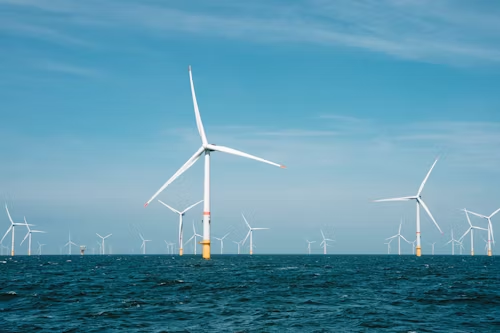
The EU has made significant progress in ensuring secure, affordable, and sustainable energy for its citizens. The EU has successfully weathered critical risks to its energy supply, regained control over the energy market and prices, and accelerated its transition towards climate neutrality. These achievements are outlined in the State of the Energy Union 2024 report, which assesses the EU’s progress in 2023-2024 towards the objectives of the Energy Union, the REPowerEU plan, and the clean energy transition.
The EU has established a robust regulatory and financing framework to achieve its 2030 climate and energy goals, laying the foundation for renewed economic growth and competitiveness. For consumers, measures implemented at the EU level have resulted in a drastic decline in electricity and gas prices compared to their peak levels in 2022. Vulnerable consumers are also better protected from disconnection due to new energy market legislation.
In terms of renewable energy, the EU has made significant strides. Renewable sources now account for half of the EU’s electricity generation, with wind power surpassing gas as the second largest source. Additionally, the EU has reduced greenhouse gas emissions by 32.5% since 1990, while its economy grew by 67% during the same period.
The EU has also successfully reduced its dependency on Russian gas, diversifying its energy sources and increasing imports from trusted partners. As a result, the share of Russian gas in EU imports has dropped from 45% in 2021 to 18% by June 2024. Furthermore, the EU reached its 90% winter gas storage target well ahead of the November 1 deadline.
While significant progress has been made, the report identifies areas where improvements are needed. The EU’s energy efficiency efforts require further strengthening to meet the 11.7% final energy consumption reduction target by 2030. Additionally, the electrification of heating equipment and the rate of building renovation need to be accelerated.
The report strongly urges all EU countries to submit their final updated National Energy and Climate Plans as soon as possible to ensure collective achievement of the 2030 energy and climate goals. Overall, the EU has demonstrated its ability to navigate energy challenges and make substantial progress towards its climate and energy objectives. By continuing to implement effective policies and invest in renewable energy, the EU can secure a sustainable and prosperous energy future for its citizens.
Swanwick House, 22 Towcester Road, Old Stratford, Milton Keynes, MK19 6AQ, UK
© 2025 Project Management Global. All rights reserved | Privacy Policy